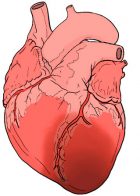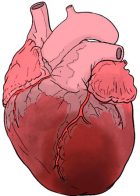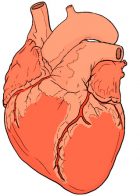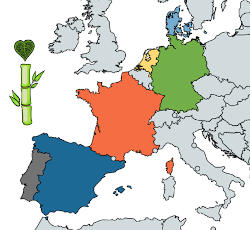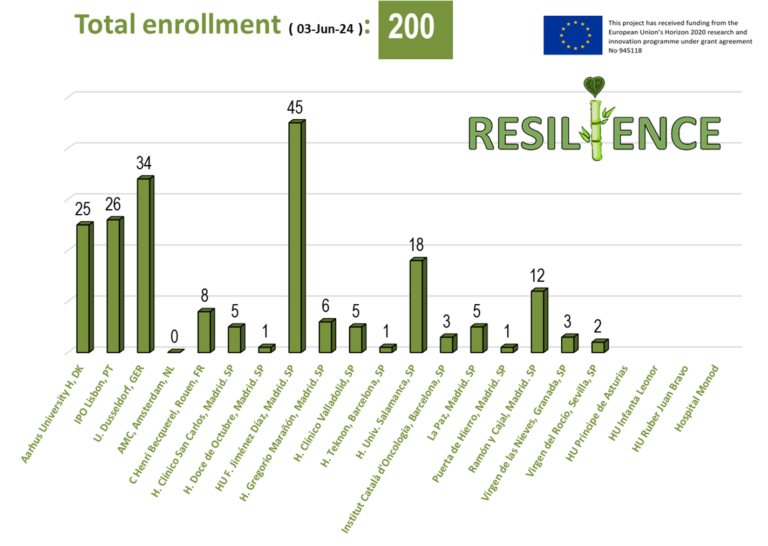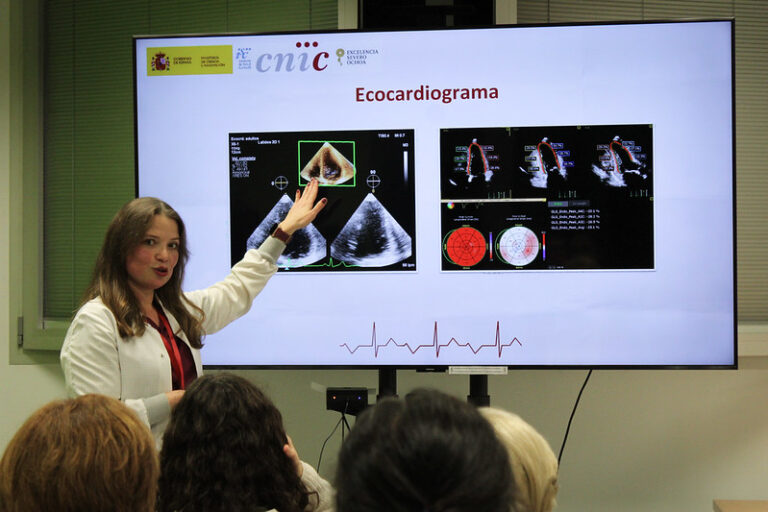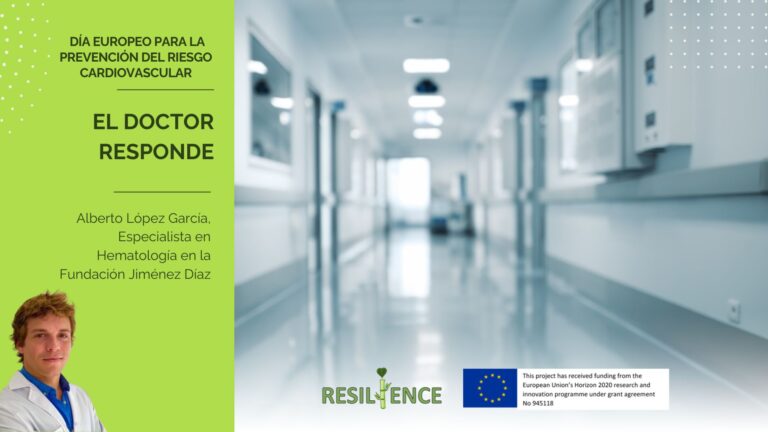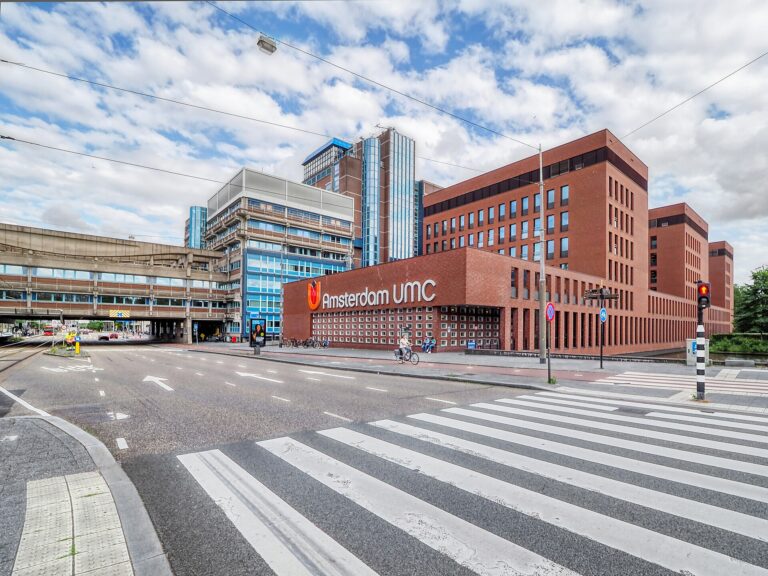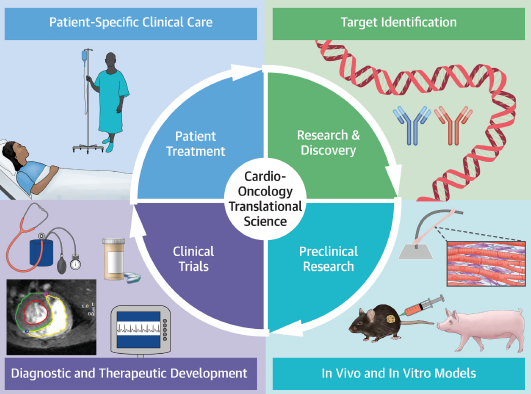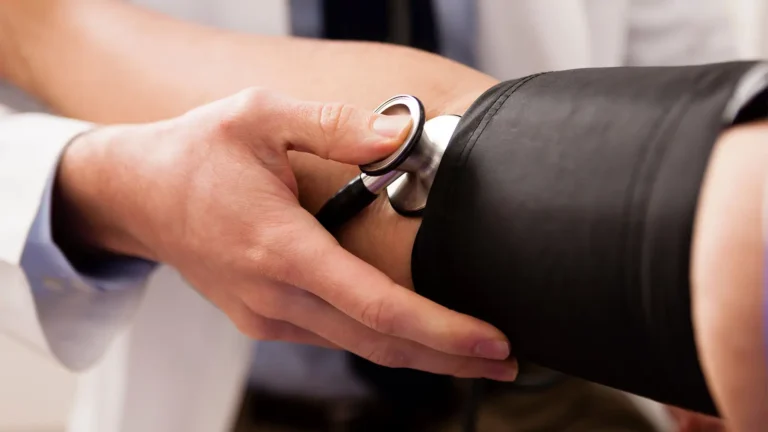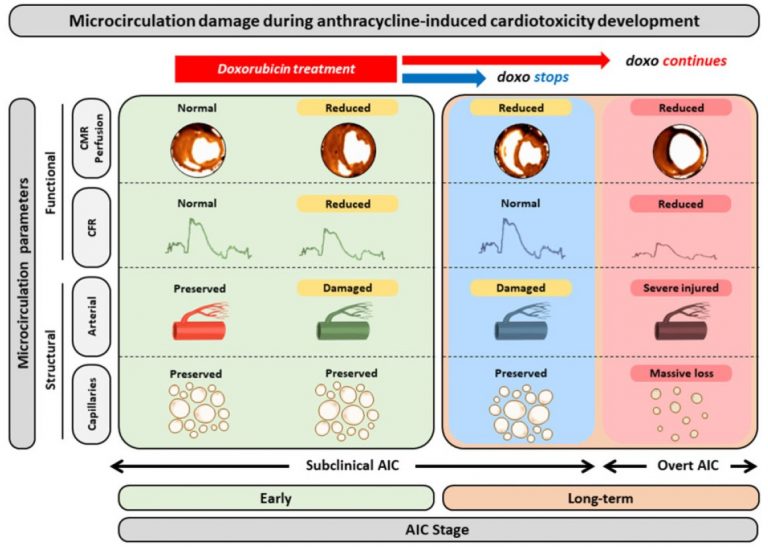Receiving a diagnosis of a disease like cancer is overwhelming. Although we all hear about this pathology frequently and know close cases of people who have suffered from it, often the information we receive about it is vague and diffuse.
In addition, there are numerous types of cancer and each one of them has particular characteristics, so it is essential to obtain accurate information about the oncological disease that has been diagnosed. In this article we will focus on a specific type of cancer and we will explain in detail what is non-Hodgkin’s lymphoma, known by its acronym NHL.
What is Lymphoma?
The first step is to know what a lymphoma is. It is an oncohematological disease, that affect the organs responsible of forming blood, the lymph tissue and lymph nodes. Generally, lymphomas are classified into two broad categories and each of them has different characteristics and prognosis:
Hodgkin lymphomas (HL)
Lymphomas (NHL)
In this article, we will focus on non-Hodgkin’s lymphomas (NHL) in particular. They constitute hematological neoplasms that include 30 different subtypes. They all share a common origin, although each one has its own characteristics.
In general, this disease begins with a lymphoid cell that is stalled at a certain maturational stage. It begins to reproduce uncontrollably, which causes that the affected organ increase in size. Because lymphatic tissue is present throughout our body, lymphoma can appear in any part of it and from that point spread to other areas. However, the most common is that NHL begins with infiltrations in a lymph node.
Incidence of Lymphoma
Within the group of lymphomas, non-Hodgkin’s lymphoma (NHL) is the most common. In Spain, its incidence ranges between 30 and 70 new cases per million inhabitants per year.
It is also known that it affects men and women equally, and this more frequently affects people with immune problems. Although it is a disease more typical of adults, children can also be affected by it on some occasions.
Types of non-Hodgkin’s lymphoma
Non-Hodgkin’s lymphomas can be divided into two groups depending on how fast they grow.
Aggressive or high-grade Lymphomas. They are those that grow and spread rapidly, leading to severe symptoms.
Indolent or low-grade Lymphomas. This type behaves in a less aggressive way. Generally, they are characterized by adenopathies that evolve slowly over the years.
Symptoms and severity of non-Hodgkin’s lymphoma
The symptoms of NHL are varied, as they depend on their type and the damaged organs. However, in general, patients who receive this diagnosis do so as a result of the detection of adenopathy (a term that refers to the increase in size of a lymph node). Added to this, some people may also experience fever, night sweats, fatigue or repeated infections.
The severity of non-Hodgkin’s lymphoma ranges in four stages. This will depend on the number and location of the affected lymph nodes, whether they are above, below or on both sides of the diaphragm and whether the disease has reached the bone marrow, spleen or other organs that do not belong to the lymphatic system.
RESILIENCE and patients with non-Hodgkin’s lymphoma
RESILIENCE is a project that aims to reduce the incidence of heart failure in patients who have overcome cancer. Anthracyclines remain the first-line treatment for many types of cancer, but up to 35% of patients receiving them develop cardiac toxicity and heart failure.
For this reason, RESILIENCE project is focused on patients with Lymphoma who are going to receive chemotherapy treatment with anthracyclines (at least 5 cycles). The objective is to develop an intervention aimed at reducing this consequence of treatment and improving the quality of life of patients. This remote ischemic conditioning is known by its abbreviation as RIC. With a device similar to the one used to take blood pressure, it seeks to interrupt circulation in the arm to send signals to the heart and make it more resistant to possible threats, such as anthracycline-induced cardiac toxicity.

